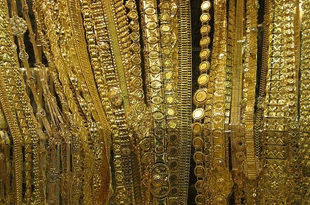The Reserve Bank of India (RBI) has eased the norms for gold import by allowing large private gold importers, or star and premier trading houses to procure the yellow metal, in a move that will reduce price of gold at the world’s second largest gold market.
The existing guideline, under which importers can import gold, provided that 20 per cent of it is exported as finished product or jewellery, will remain the same.
In July last year, the central bank had several restrictions on gold imports, including a record high duty of 10 per cent on gold import, so as to combat the mounting current account deficit and depreciating rupee. RBI had also tied imports quantities with exports levels and prescribed a 20:80 formula which was only for select banks. Other entities were barred from importing the metal.
Now, all the star trading houses, private jewellery exporters that had been barred from importing gold since July 2013 can resume imports, with immediate effect.
The decision by RBI to relax the norms follows representations from jewellers, bullion dealers, banks, and trade bodies. It also comes in the wake of much better current account position and rise in the value of Indian currency due to inflows leading to and after the election results were declared.
As a result, over 20 entities, including state-run banks, private banks and agencies will now be allowed to import the metal.
The central bank has also permitted banks to offer gold loans to domestic jewellery makers, out of the eligible domestic import quota to the extent of Gold Metal Loan outstanding on their books as on March 31, 2013.
This practice was also stopped last year and in absence of which gold loans jewellers were forced to take credit to fund their purchases, which was increasing their cost.






